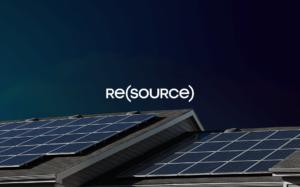

What is a Carbon Credit?
The terms carbon credit, emission offset, carbon offset, and offset credit can be used interchangeably, though they can mean slightly different things. The definition Re(source) Energy uses is based on the Alberta Emission Offset System. An offset refers to a reduction in greenhouse gas (GHG) emissions that is used to compensate for emissions that occur elsewhere. An offset


